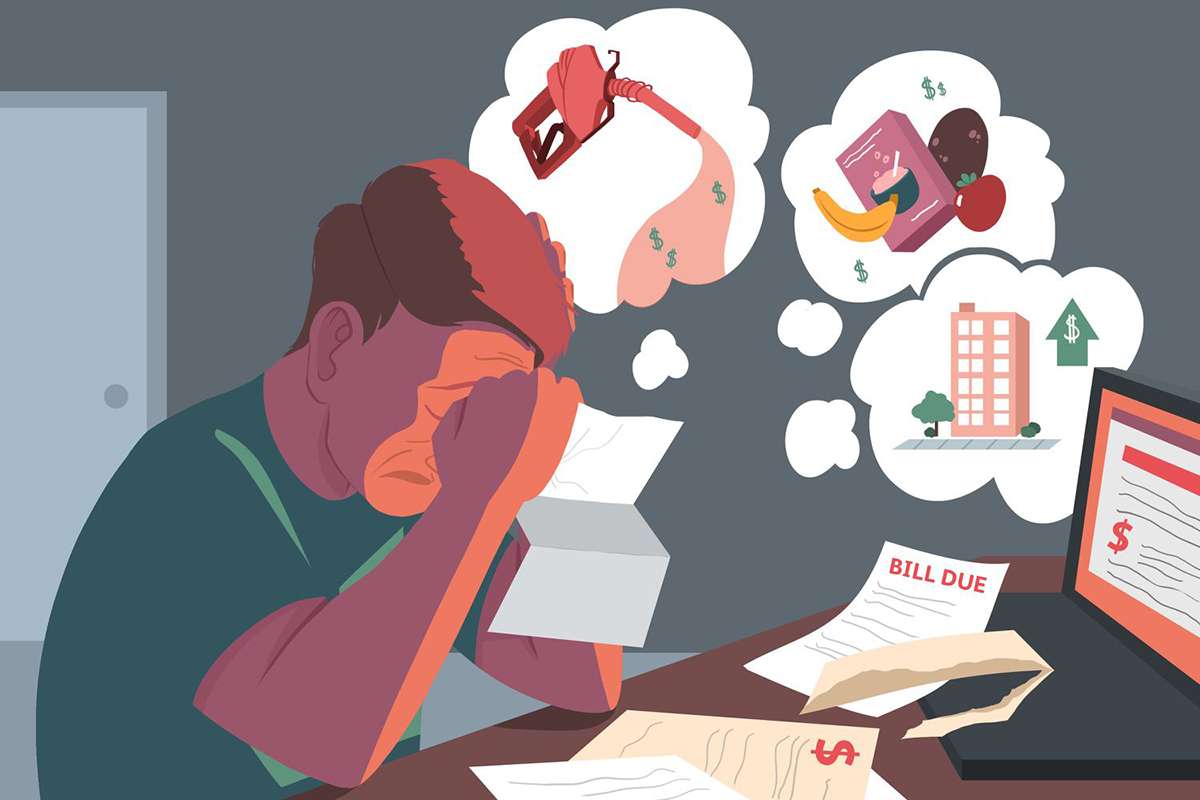- 6 October 2022
- No Comment
- 166
CALCIUM; what does it do to your body?

You are probably familiar with the essential nutrient calcium and its role in regulating bone strength and density. And you may also know that this mineral plays a pivotal role in maintaining strong bones and preventing osteoporosis later in life.
However, did you know there are numerous ways to become deficient in this essential micronutrient? If you’re someone who exercises regularly, you’ve likely read or heard somewhere before that calcium-rich food is good for building stronger bones.
This is because the body needs anywhere from 600 to 1000 mg of calcium per day to maintain healthy bone density and prevent conditions like osteoporosis. Without sufficient amounts of this essential mineral, your bones can become weak and brittle from all the stress they endure during exercise. Fortunately, it’s not hard to meet your daily calcium needs if you regularly include calcium-rich foods in your diet. Some major aspects of Calcium are highlighted as under;
- The Importance of Calcium and Bone Health
A healthy diet rich in calcium is extremely important for maintaining healthy bones. When your body doesn’t get enough calcium, it begins to leach calcium from your bones to compensate.
Over time, this can lead to more brittle bones, which can potentially lead to conditions like osteoporosis. While many people think of calcium as a purely skeletal issue, it’s also essential for many other functions in the body. Calcium plays a role in maintaining healthy teeth and the contraction of muscles, including the heart. Even blood vessels need calcium to function properly!
- How Much Calcium Should We Consume Each Day?
The amount of calcium a body requires to maintain bone health depends on age. Below are the recommended daily intakes of calcium for different age groups:
|
Age groups |
Requirement (mg) |
|
0 to 6 months |
500 |
|
7 to 12 months |
800 |
|
1 to 3 years |
1000 |
|
4 to 8 years |
1300 |
|
9 to 18 years |
1300 |
|
19 to 50 years |
1000 |
|
51+ years |
1200 |
|
Pregnant or breastfeeding women |
1300 |
Calcium requirements decrease as we age, and our bodies are more efficient at absorbing this mineral as we get older. However, it’s still important to make sure you’re getting enough calcium, especially if you’re over 50 years old.
- The Problem with Recommending Too Much Calcium
While calcium is an essential mineral for maintaining healthy bones, consuming too much of it can be detrimental. If you consume more calcium than your body needs, it will just be excreted in your urine.
Excess calcium isn’t stored in the bones, which is where it’s needed. Excessive intake of calcium can cause issues like constipation since it can bind to water and make you more “regular.”
Excessive calcium can also bind with other minerals like zinc and iron, which are important for proper health, and make them less bioavailable to the body. Excessive calcium intake can also cause a calcium buildup in the arteries. This can trigger heart attacks, strokes, and even death.
- You’re Probably Not Getting Enough Vitamin D
Some studies have found that a whopping 75% of Americans are vitamin D deficient. For the maintenance of healthy bones, vitamin D is essential. Researchers have linked low levels of this vitamin with an increased risk of osteoporosis.
Most experts recommend that adults consume at least 800 IU of vitamin D per day, and some recommend even higher amounts. Unfortunately, many people aren’t getting close to the recommended amount of this important vitamin.
If you are not sure whether you are taking enough vitamin D, go and see a doctor or get your blood test done to find out. If levels are low, your doctor can recommend supplements and other ways to increase your vitamin D intake.
- You’re Consuming Too Much Protein
Some experts believe that consuming excessive amounts of protein, especially animal protein, can leach calcium from your bones and increase your risk of osteoporosis. However, research on this topic is conflicting, and many experts feel that protein is an essential part of a healthy diet.
There has been some debate about the need to consume more than the recommended daily allowance of protein. Most experts recommend that adults consume a daily protein intake of 50-100 grams per day. Athletes, pregnant women, and people recovering from surgery often have special dietary needs that require higher protein consumption.
Athletes and exercisers, especially, can benefit from consuming more protein, since it supports muscle growth and helps maintain bone strength when exercise is stressing the body.
- You Have a Diet Low on Fruits and Vegetables
While fruits and vegetables aren’t the only sources of calcium, they are certainly good ones. Many fruits and vegetables are rich in calcium, including broccoli, kale, and spinach, to name a few. Fruit and vegetable juices are also a good source of calcium, as are fortified cereals and fortified soy beverages like tofu drinks. Using fortified foods and beverages as substitutes for less healthy options can help you improve your calcium intake while eating a more balanced diet.
Bottom Line
As you can see, there are many ways to become calcium deficient, especially if you’re an athlete who exercises regularly and metabolizes calcium more efficiently. Fortunately, it’s easy to get enough calcium in your diet. You don’t have to chug milk by the gallon to get the calcium you need, either.
A single eight-ounce glass of milk contains roughly 300 mg of calcium, so you’d need to drink four glasses per day to meet the daily recommendation! Try eating a variety of calcium-rich foods, like broccoli, almonds, spinach, and kale, to make sure you’re getting enough of this essential micronutrient. And don’t forget to include beverages fortified with calcium, like fortified soy beverages and fruit and vegetable juices, to get the most calcium out of your diet.



